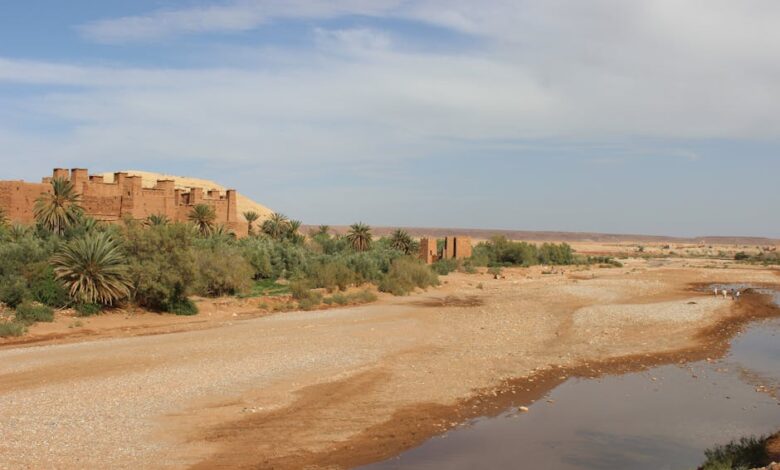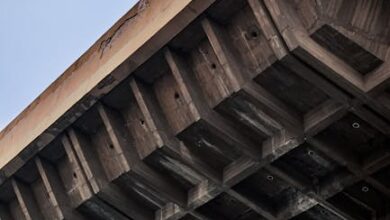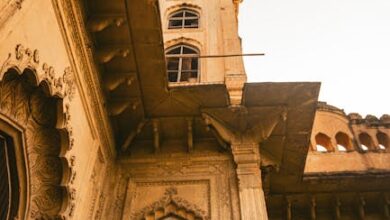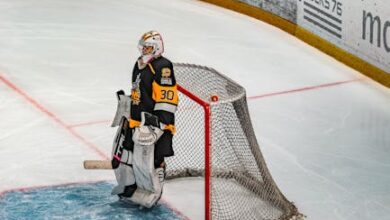The Indispensable Wall: Unpacking Gabriel’s Influence

The football world, especially for those clad in red and white, often feels like a constant seesaw of emotions. One week, you’re soaring high on the back of a dominant performance, convinced the stars are aligning. The next, a single piece of news can send a shiver down your spine, reminding you just how fragile success can be. For Arsenal fans, that chilling reminder has arrived in the form of an injury scare concerning one of their most vital cogs: Gabriel Magalhães.
The Brazilian centre-back, a bedrock of Mikel Arteta’s defensive unit, picked up a knock while away on international duty. In the often-unforgiving theatre of club football, an injury during the international break always feels like a particularly cruel twist of fate. Initial whispers, now growing into a chorus of concern, suggest that this isn’t just a minor niggle. The fear is palpable: Gabriel could be sidelined until January, plunging Arsenal’s meticulously constructed defence into an unexpected period of uncertainty right when the season truly begins to bite.
It’s a development that prompts immediate questions. How significant is Gabriel’s absence truly? What does this mean for Arsenal’s aspirations in both the Premier League and the Champions League? And who, in a squad lauded for its depth, is ready to step into such large, foundational boots?
The Indispensable Wall: Unpacking Gabriel’s Influence
When you talk about Arsenal’s resurgence under Mikel Arteta, you can’t overlook the defensive steel that has been forged. And at the heart of that steel, alongside the majestic William Saliba, stands Gabriel Magalhães. His importance extends far beyond just tackling and heading; he is the physical embodiment of Arteta’s defensive principles.
Gabriel is a commanding presence, a left-footed centre-back who offers balance to the backline. His partnership with Saliba has blossomed into one of the Premier League’s most formidable duos, characterised by complementary styles: Saliba’s elegant anticipation and recovery speed paired with Gabriel’s aggressive front-foot defending, aerial dominance, and sheer physicality. He’s the one who often steps out to engage attackers, winning duels that disrupt opposition build-up and ignite Arsenal’s own attacks.
Beyond the tangible statistics, there’s an intangible quality Gabriel brings: leadership and an unwavering will to win. He’s vocal, demanding, and utterly committed. We’ve seen him celebrate blocks with the same passion as goals, embodying the defensive grit Arsenal needed to cultivate. His passing out from the back, particularly his ability to break lines and find midfielders, is also a quietly crucial element of Arteta’s possession-based system. Losing a player of this calibre, especially one so integral to the team’s identity and tactical execution, is a profound blow.
A System Under Scrutiny
Mikel Arteta’s system isn’t just about individual brilliance; it’s about interconnected cogs working in perfect harmony. Gabriel’s left-footedness allows him to comfortably play on the left side of central defence, facilitating cleaner passing angles and better progression down that flank. It’s a subtle but significant detail. Without him, the natural rhythm and symmetry of the back four can feel slightly off-kilter, requiring adjustments that aren’t always seamless.
His ability to cover vast swathes of space, combined with his robust tackling, provides the platform for Arsenal’s full-backs to push high and wide, contributing to attacks. When that foundation is shaken, it has a ripple effect throughout the entire team, from how the midfield operates to how much freedom the wingers have. It’s a testament to how crucial a central defender can be, not just in stopping goals, but in building attacks.
Navigating the Defensive Dilemma: Who Steps Up?
So, if Gabriel is indeed out for an extended period, who does Arteta turn to? This is where the true test of Arsenal’s squad depth, a quality they’ve actively built, comes into play. The most obvious, direct replacement would be Jakub Kiwior.
Kiwior, another left-footed centre-back, arrived from Spezia with a promising reputation. He’s had glimpses of action, showing glimpses of his composure and passing ability, but he hasn’t yet had a sustained run in the Premier League. This could be his moment. It’s a huge opportunity, but also immense pressure to fill the void left by a player of Gabriel’s stature. Can he replicate the physicality, the aerial dominance, and the leadership? Only time will tell.
Then there’s the versatile Takehiro Tomiyasu. The Japanese international is a fantastic, reliable defender, capable of playing across the backline. He’s played centre-back before, albeit primarily on the right side. Moving him centrally would mean shifting Ben White, or perhaps even sacrificing a full-back position where Tomiyasu himself offers so much. It’s a tactical conundrum: strengthen one area by potentially weakening another. Arteta values fluidity, but there’s a limit to how many pieces you can move without disrupting the overall structure.
The Depth Test: A Blessing in Disguise?
Every challenge, no matter how daunting, presents an opportunity. For Arsenal, Gabriel’s potential absence might force other players to elevate their game. Kiwior could seize this chance to establish himself as a genuine Premier League quality starter. Tomiyasu, if called upon, might further demonstrate his incredible utility and defensive acumen.
Squad depth isn’t just about having bodies; it’s about having players who can step in and perform at a high level. A title challenge, or indeed any campaign aiming for top honours, is rarely won by eleven players alone. Injuries are an inevitable part of the modern game, and how a team responds to them often defines their season. This is Arsenal’s opportunity to show that their depth isn’t just on paper, but truly robust when tested.
The Bigger Picture: January and Beyond
The suggestion of Gabriel being out until January immediately flags several critical periods. The festive fixture list, renowned for its relentless schedule and high stakes, looms large. Missing a key defender for these demanding games could prove costly in a tight title race. Furthermore, if Arsenal progresses in the Champions League, the knockout stages will begin in February, meaning Gabriel’s return would need to be well-managed to ensure he’s match-sharp for European nights.
A long-term injury to a foundational player always has clubs weighing their options in the transfer market. If Kiwior or other stand-ins don’t consistently impress, Arsenal might be tempted to dip into the notoriously tricky January window for a defensive reinforcement. This presents its own set of challenges: finding a quality player willing to move mid-season, integrating them quickly, and doing so without overspending in an inflated market. It’s a balancing act between short-term need and long-term financial prudence.
Maintaining Momentum in Adversity
Football is as much a mental game as it is a physical one. How the squad reacts to losing a key player will be crucial. Can they maintain the winning momentum, the defensive solidity, and the collective belief that has characterised their impressive start? Arteta’s man-management will be key here, instilling confidence in those stepping in and ensuring the team’s focus remains laser-sharp.
It’s not just about the tactics on the pitch; it’s about the resilience in the dressing room. Every team encounters adversity. The truly great teams are those that don’t merely weather the storm, but emerge stronger from it.
The potential absence of Gabriel Magalhães is undoubtedly a significant blow to Arsenal. He is a pivotal figure in their defensive structure, a leader, and a consistent performer. While the news sends a ripple of concern through the fanbase, it also presents a profound test of the squad’s character, depth, and resilience. Can Arsenal navigate this challenging period, find solutions from within, and maintain their high standards? The upcoming months will offer a definitive answer, revealing whether this squad truly has what it takes to challenge for top honours when faced with unexpected hurdles. It’s a long season, and challenges are inevitable; how Arsenal responds to this one will tell us a great deal about their title aspirations.





